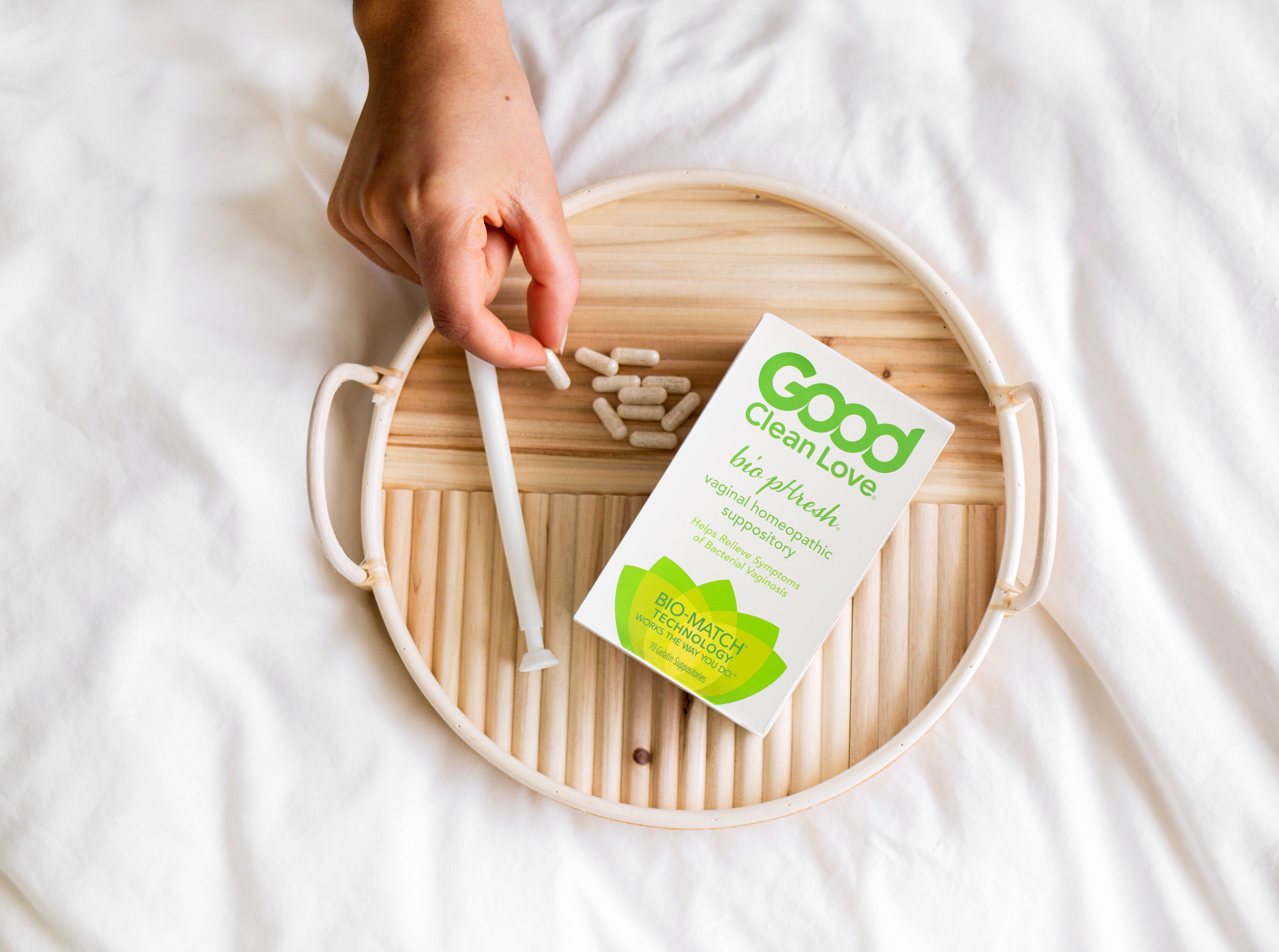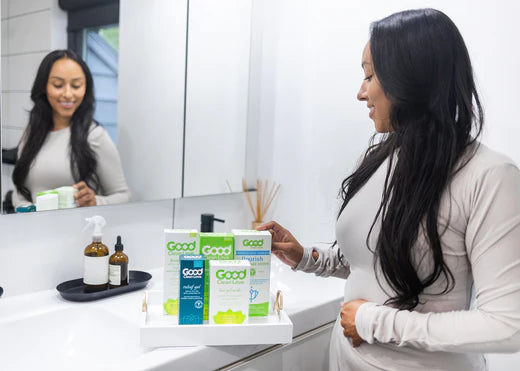Have you and your partner decided you’re ready to be parents – or have another baby?
According to Baby Center, 85 percent of couples who actively try to get pregnant will conceive within about one year, or 12 menstrual cycles. If they are not able to conceive after one year, it is recommended at that time that they may want to consult a fertility expert. (This time period is reduced to six months before seeing an expert if the woman is over 35 years old.)
Regardless of whether you’re in the early stages of trying to conceive or have been trying for a while, here are a few science-backed tips that may help get your body primed for fertility success.
1. Keep Track of Your Cycle
This may seem like Trying to Get Pregnant 101, but of course you'll need to have unprotected sex during the time of ovulation in order to conceive. If you want to increase your odds of getting pregnant, then take the time to understand your cycle and use that knowledge to schedule sex with your partner during the two days prior to ovulation as well as the day of ovulation. You can determine when you’re ovulating one of several ways.

2. Eat Healthy Foods and Take Your (Prenatal) Vitamins
When getting your body ready for pregnancy, one of the first places to begin is to start eating like you would if you were pregnant – since it could happen at any time. In 2007, Harvard researchers developed a “Fertility Diet” and found that women who had been diagnosed with “ovulatory infertility” had a 66 percent lower risk of ovulatory infertility once they followed these guidelines (below). Try incorporating as many of these as you can into your diet:
- Less trans fat and more monounsaturated fat (e.g., avocados and olive oil)
- Less animal protein and more vegetable protein
- More high-fiber, low-glycemic carbohydrate-rich foods (e.g., whole grains)
- More vegetarian sources of iron and fewer meat sources
- Multi-vitamins
- High-fat dairy instead of low-fat dairy (e.g., full fat yogurt instead of fat-free)
It’s also recommended that if you’re trying to conceive you consider taking a prenatal vitamin. According to the Mayo Clinic, these supplements deliver important doses of folic acid, calcium, iron, and vitamin D that both you and your baby need as early as the first month of pregnancy.

3. Avoid Smoking and Drinking
Not only is smoking cigarettes bad for our health generally, but smoking can: make it more difficult to get pregnant, increase your risk of miscarriage, cause problems with the placenta, and many more complications. According to the CDC, your baby will get more oxygen even after one day of not smoking.
Unfortunately, there is no clear medical consensus on when a fetus is first susceptible to fetal alcohol syndrome. And since pregnant women are advised to abstain or limit their consumption of alcohol, it follows that women who are trying to conceive should avoid drinking as well.
4. Stay Active and Maintain a Healthy Weight
Your best chances of getting pregnant occur when you have a balanced level of physical activity and are maintaining a healthy weight. If you work your body too hard, it can suppress menstruation which will make the process of timing ovulation more difficult.
One great option for staying active and boosting your fertility is yoga. Check out these poses from Yoga Journal to help increase blood flow and energy to your pelvic region.

5. Reduce Your Anxiety and Stress
Have you ever heard a well-meaning friend say, “just stop trying so hard and you’ll get pregnant”? There’s no denying that when we’re actively trying to conceive, everything that goes into the process can leave us feeling emotionally drained and anxious. Of course the effects of stress on our body – as well our ability to manage it – will vary by individual. But regardless, research now says that stress and “trying too hard” can play a role in up to 30% of fertility problems.
Do what you can to stay calm with any stress reduction techniques that have worked for you previously. Some ideas include aromatherapy, massage, exercise, art therapy, and many more.

6. Consider Alternative and Natural Medicine
For those who are open to alternatives to Western medicine, many women have found success through Eastern medicine and naturopathy. The solutions offered by these practices have been honed over thousands of years.
Acupuncture, for example, can increase blood flow to the endometrium, helping to facilitate a thick, rich lining. In addition, numerous other supplements, herbs and vitamins have been known to help overcome infertility.
As with any medicine, consult your physician or other professional, especially if you're also using other fertility medications.














